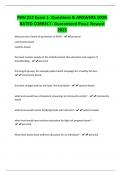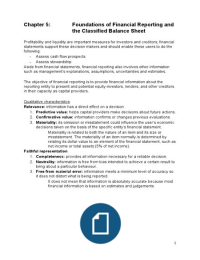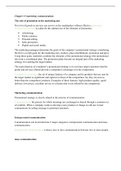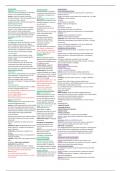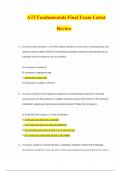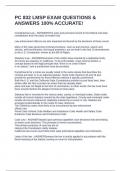1. US presidential elections
1. vocabulary
a general election General elections are elections held at any level (e.g. city, county,
congressional district, state) that typically involve competition between at
least two parties.
the electorate The body of persons entitled to vote in an election.
to be eligible Fit or proper to be chosen.
federal/local /
government
to run a campaign /
to compete against /
a competition /
a presidential /
president
a political party /
a politician /
a policy = een beleid
a right/left winger /
a moderate = mild
a hardliner = someone who stands behind every point of view of the party he/she
supports
to raise money /
to run for president /
a running mate = the winning nominee’s running mate will become vice-president
a vice president = someone who will replace the president should he not be in the capacity
to govern
the electoral system /
a primary see notes
a caucus see notes
a ballot paper = kiesbrief, the paper on which you cast your vote
to cast a vote/a ballot = stem uitbrengen, to go and vote
a ballot box = box in which you
a voting booth = ‘hokje’ waarin je staat tijdens het invullen van je kiesbrief
a polling station = kiesbureau, place where you need to cast your vote
to defeat = verslaan, winnen
to = the president did something wrong and you want him/her to stand back
impeach/impeachment
the president elect = the winner of the elections
swing states = battleground states, states where people vote republican and democratic
2. basic facts about the elections
° every 4 years – maximum eight years (otherwise you become the ‘symbol’ of the country/cult)
° not compulsory = you can choose whether you vote or not
° consist of different steps (starts in February, ends in November)
° indirect = as a voter, you don’t vote for a presidential candidate, you vote for someone who will
represent you
° who can become president?
= man or woman, at least 35 years, any race or any religion, lived in the US for at least 14
years, born in the US
° participating in the elections = extremely expensive, requires a lot of hard work
3. the election process
3.1 primaries and caucuses (local elections: February – August)
° Republicans and Democrats each have politicians who compete against each other to become
presidential candidate
° to select the presidential candidate of a party, primaries and caucuses are held
° caucus = a meeting of the members of a political party to choose delegates to the party’s National
Convention
= listen to speakers, choose a delegate (= afgevaardigde), pick a side – public vote
1. vocabulary
a general election General elections are elections held at any level (e.g. city, county,
congressional district, state) that typically involve competition between at
least two parties.
the electorate The body of persons entitled to vote in an election.
to be eligible Fit or proper to be chosen.
federal/local /
government
to run a campaign /
to compete against /
a competition /
a presidential /
president
a political party /
a politician /
a policy = een beleid
a right/left winger /
a moderate = mild
a hardliner = someone who stands behind every point of view of the party he/she
supports
to raise money /
to run for president /
a running mate = the winning nominee’s running mate will become vice-president
a vice president = someone who will replace the president should he not be in the capacity
to govern
the electoral system /
a primary see notes
a caucus see notes
a ballot paper = kiesbrief, the paper on which you cast your vote
to cast a vote/a ballot = stem uitbrengen, to go and vote
a ballot box = box in which you
a voting booth = ‘hokje’ waarin je staat tijdens het invullen van je kiesbrief
a polling station = kiesbureau, place where you need to cast your vote
to defeat = verslaan, winnen
to = the president did something wrong and you want him/her to stand back
impeach/impeachment
the president elect = the winner of the elections
swing states = battleground states, states where people vote republican and democratic
2. basic facts about the elections
° every 4 years – maximum eight years (otherwise you become the ‘symbol’ of the country/cult)
° not compulsory = you can choose whether you vote or not
° consist of different steps (starts in February, ends in November)
° indirect = as a voter, you don’t vote for a presidential candidate, you vote for someone who will
represent you
° who can become president?
= man or woman, at least 35 years, any race or any religion, lived in the US for at least 14
years, born in the US
° participating in the elections = extremely expensive, requires a lot of hard work
3. the election process
3.1 primaries and caucuses (local elections: February – August)
° Republicans and Democrats each have politicians who compete against each other to become
presidential candidate
° to select the presidential candidate of a party, primaries and caucuses are held
° caucus = a meeting of the members of a political party to choose delegates to the party’s National
Convention
= listen to speakers, choose a delegate (= afgevaardigde), pick a side – public vote

